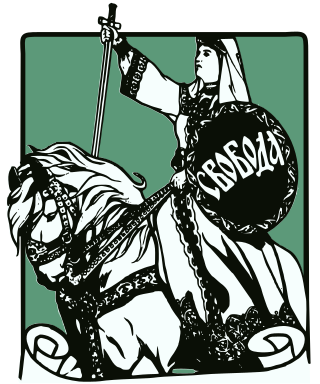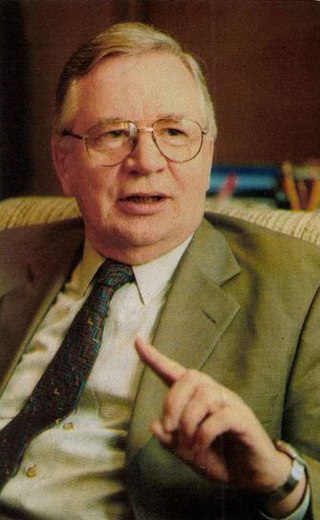
Politics in Jamaica takes place in the framework of a representative parliamentary democratic constitutional monarchy. The 1962 Constitution of Jamaica established a parliamentary system whose political and legal traditions closely follow those of the United Kingdom. As the head of state, King Charles III - on the advice of the Prime Minister of Jamaica - appoints a governor-general as his representative in Jamaica. The governor-general has a largely ceremonial role. Jamaica constitutes an independent Commonwealth realm.

Switzerland is a semi-direct democratic federal republic. The federal legislative power is vested in the two chambers of the Federal Assembly: the National Council and the Council of States. The Federal Council holds the executive power and is composed of seven power-sharing Federal Councillors elected by the Federal Assembly. The judicial branch is headed by the Federal Supreme Court of Switzerland, whose judges are elected by the Federal Assembly.
The politics of Ukraine take place in a framework of a semi-presidential republic and a multi-party system. A Cabinet of Ministers exercises executive power. Legislative power is vested in Ukraine's parliament, the Verkhovna Rada.

Pavel Nikolayevich Milyukov was a Russian historian and liberal politician. Milyukov was the founder, leader, and the most prominent member of the Constitutional Democratic party. He changed his view on the monarchy between 1905 and 1917. In the Russian Provisional Government, he served as Foreign Minister, working to prevent Russia's exit from the First World War.

The Constitutional Democratic Party, also called Constitutional Democrats and formally the Party of People's Freedom, was a centrist, liberal political party in the Russian Empire that promoted Western constitutional monarchy — among other policies — and attracted a base ranging from moderate conservatives to mild socialists. Party members were called Kadets from the abbreviation K-D of the party name. Konstantin Kavelin's and Boris Chicherin's writings formed the theoretical basis of the party's platform. Historian Pavel Miliukov was the party's leader throughout its existence.

The Movement for Rights and Freedoms is a centrist political party in Bulgaria with a support base among ethnic minority communities.
Within Russian political parties, liberal parties advocate the expansion of political and civil freedoms and mostly oppose Vladimir Putin. In Russia, the term "liberal" can refer to wide range of politicians—simultaneously to Thatcherism/Reaganomics-related pro-capitalism conservative politicians, to centre-right liberal politicians and to left-liberal politicians. The term "liberal democrats" is often used for members of the far-right nationalist party, the Liberal Democratic Party of Russia. There are Russian opposition and pro-government liberal political parties in Russia. Pro-government liberal politicians support Putin's policy in economics.
An illiberal democracy describes a governing system in which, although elections take place, citizens are cut off from knowledge about the activities of those who exercise real power because of the lack of civil liberties; thus it does not constitute an open society.

The Parliament of the Republic of Kazakhstan is the bicameral legislature of Kazakhstan. The lower house is the Mazhilis, with 107 seats, which are elected to five-year terms. The upper house is the Senate, which has 47 members.

Mátyás Szűrös is a Hungarian politician. He served as provisional president of the Republic from 23 October 1989 to 2 May 1990. His presidency occurred during Hungary's transition from Communism to democratic government.
National conservatism is a nationalist variant of conservatism that concentrates on upholding national and cultural identity. National conservatives usually combine nationalism with conservative stances promoting traditional cultural values, family values, and opposition to immigration.

The current Constitution of Montenegro was ratified and adopted by the Constitutional Parliament of Montenegro on 19 October 2007 in an extraordinary session by achieving the required two-thirds supermajority of votes. It was officially proclaimed on 22 October 2007, replacing the constitution of 1992.
Constitution Party, Constitutional Party, or Constitutionalist Party may refer to one of several political parties.

The Estonian Declaration of Independence, also known as the Manifesto to the Peoples of Estonia, is the founding act which established the independent democratic Republic of Estonia on 24 February 1918. Since then the 24 February has been celebrated as the Estonian Independence Day, the national day of Estonia.
The Constitutional Democratic Party – Party of Popular Freedom was a political party in the USSR and Russia. It followed a path of development similar to that of the Democratic Party of Russia in early 1990s, developing from pro-reform/pro-democracy positions to nationalist opposition to Yeltsin and successive governments.

A constitutional referendum was held in Egypt on 14 and 15 January 2014 and with Egyptians abroad voting between 8 and 12 January. The new constitution was approved by 98.1% of voters. Turnout was 38.6%.
Constitutional Democratic Party may refer to:

The Democratic Party for the People, abbreviated to DPP or DPFP, is a centre to centre-right political party in Japan. The party was formed on 7 May 2018 from the merger of the Democratic Party and Kibō no Tō.
This page is based on this
Wikipedia article Text is available under the
CC BY-SA 4.0 license; additional terms may apply.
Images, videos and audio are available under their respective licenses.










